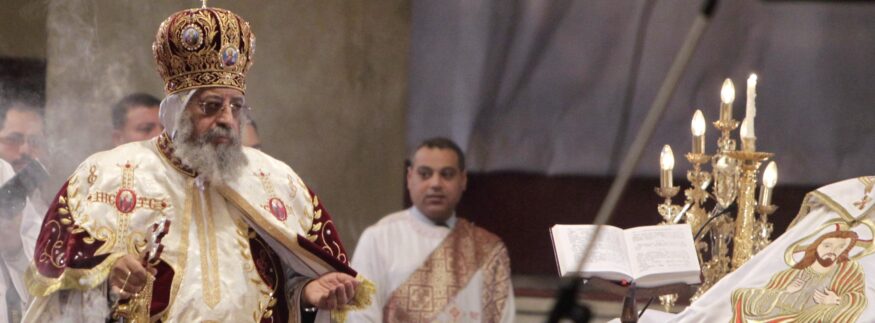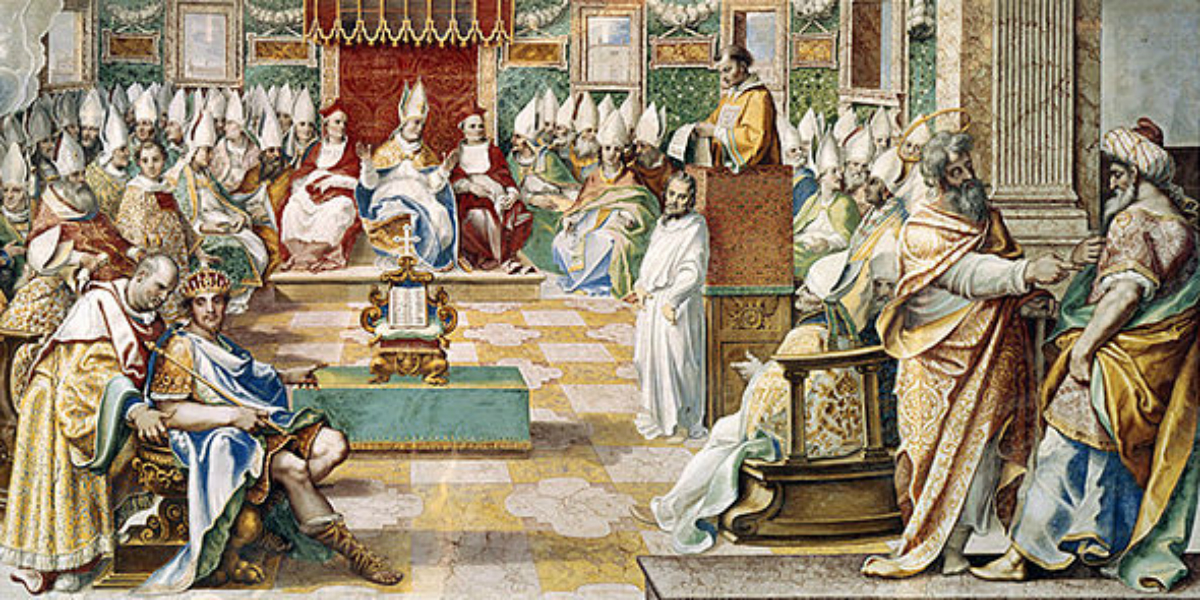Understanding The History Of Orthodox Christmas On The 7th Of January
Christmas christmas celebration December 25th history January 7th orthodox christmas
Farah Fahim
Christmas Day is ritually celebrated on the 25th of December by people from all walks of life, but it has always been different for the Middle East, with Christmas Day falling on the 7th of January. The difference between the two lies in the religious traditions and the calendar systems used by different Christian denominations. Let’s dive into the history of why Christmas falls on different days for different people.

Pope Gregory, via Cincinatti
The primary reason for the date difference is the use of different calendar systems. While Western Christian churches, including Roman Catholic and Protestant denominations, follow the Gregorian calendar, Eastern Orthodox churches, on the other hand, follow the Julian calendar. The Gregorian calendar was introduced by Pope Gregory XIII in 1582 to replace the Julian calendar, which did not efficiently calculate leap years. As a result, the date of Christmas has a 13-day gap between the two calendars, as Pope Gregory ordered the erasure of those days. In 1582, when the Gregorian calendar was officially used for the first time, the 5th of October became the 15th of October.

Nicaea Council, via Aleteia
The birth of Jesus Christ is set to be the shortest day and longest night of the year, as agreed upon at the Nicaea Council in 325 AD, corresponding to the 29th of Kiahk, which is the fourth month of the Coptic calendar.
The introduction of the Gregorian calendar primarily affected Western Europe and its colonies, while the Eastern Orthodox churches continued using the Julian calendar. So, when the switch was made for Western Christians, the celebration of Christmas remained on December 25th, but it shifted to January 7th for Eastern Orthodox Christians.

Image via Suscopts
At the time of the British occupation in Egypt, the 29 Kiahk corresponded to the 7th of January instead of the 25th of December, making the birthdate of Jesus almost two weeks later than the West. While cultural traditions remain the same regardless of differences in dates, there are still denominations in Egypt celebrating on the 25th, including Catholics. While Protestants in the West celebrate on the 25th, Egyptian Protestants celebrate with their fellow Orthodox brothers and sisters on the 7th, respecting the long Egyptian tradition. The 7th of January wasn’t considered a public holiday for Egyptian Christians until 2003 under the rule of Hosny Mubarak. Currently, most schools, universities and government offices give both the 25th and the 7th as days off for their Christian employees.
recommended
 Cafés
Cafés
Bite Into the Croffle Craze: The Best 5 Spots to Try Croffles in Cairo
cafes cairo +2 City Life
City Life



